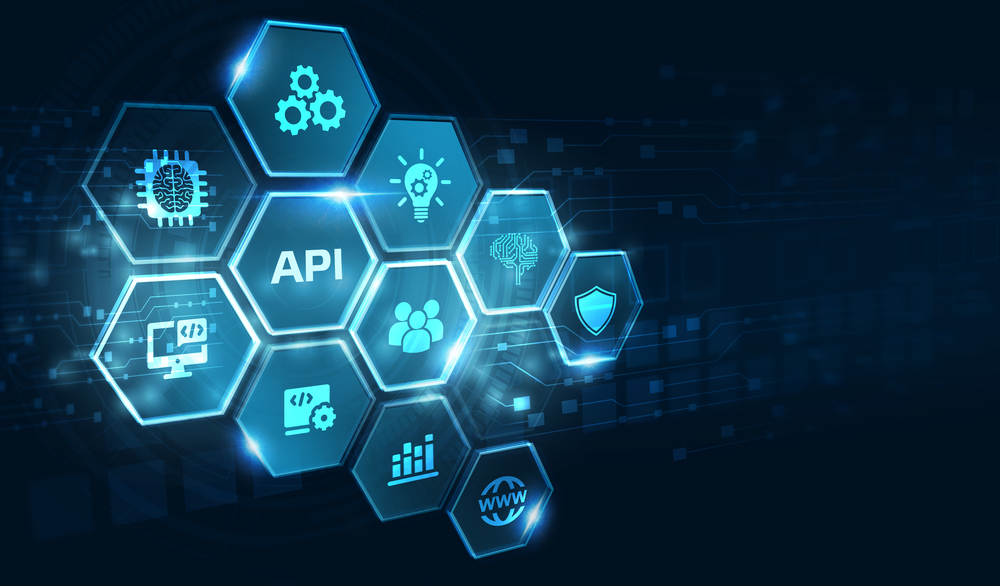API testing and discovery tools have become increasingly vital in the development and maintenance of modern applications. With the growing reliance on APIs as a crucial component of application functionality, it is essential to thoroughly test and validate their behavior. Traditional AST toolsets may not provide comprehensive API testing capabilities, leading to the emergence of specialized tools and methodologies.

These tools offer a range of functions, including the ability to discover APIs in both development and production environments. They can effectively test API source code, ensuring its correctness and adherence to best practices. Additionally, these tools can utilize recorded traffic or API definitions to support the testing of live APIs, providing a realistic and comprehensive testing environment.
SAST vendors play a significant role in API testing by offering the capability to test source code for APIs in various programming languages. This ensures that APIs are developed securely and in compliance with industry standards. On the other hand, DAST solutions provide mechanisms to understand the data structure of API requests and responses in different formats such as SOAP, XML and JSON-RPC, REST, and GraphQL. This enables comprehensive testing of API behavior and ensures the integrity and reliability of API communication.
DAST tools can accept API definitions, such as OpenAPI Specification (OAS)/Swagger, RAML, Web Services Description Language (WSDL) for SOAP, WADL, or API Blueprint. These definitions serve as a blueprint for API testing and validation, ensuring that APIs adhere to the specified contract and operate as intended. Additionally, these tools can import recorded traffic, allowing for realistic testing scenarios that replicate real-world usage patterns.
IAST solutions provide agent support for the technology stack that delivers the API, enabling observation of internal application calls. This deep visibility into the API’s internal workings allows for more comprehensive testing and identification of potential issues that may not be apparent through other means.
In addition to traditional API testing approaches, alternative methods are emerging in the field of API testing and discovery. For example, some tools leverage machine learning algorithms to automatically generate test cases and scenarios based on API specifications. This approach can significantly reduce manual effort in creating test cases while increasing the efficiency and effectiveness of API testing.
The role of API testing and discovery tools goes beyond ensuring functionality; they also play a crucial role in ensuring the quality, security, and performance of APIs. By thoroughly testing APIs in development and production environments, these tools help developers identify potential vulnerabilities, security risks, and performance bottlenecks. This proactive approach allows for the timely resolution of issues before they impact end-users and helps in delivering high-quality software solutions.
In conclusion, API testing and discovery tools have evolved to meet the complex needs of modern applications. They provide developers with the necessary capabilities to thoroughly test APIs, identify potential issues, and ensure the reliability, security, and performance of APIs. With the increasing reliance on APIs in today’s software landscape, these tools are indispensable for delivering robust and high-quality software solutions.
